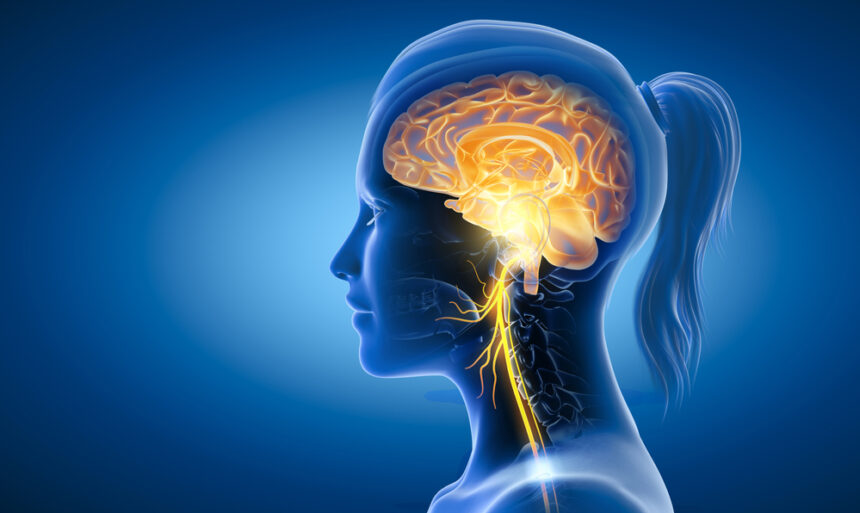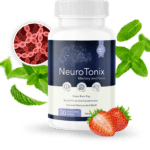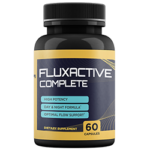Brain Fog can be a real drag, especially when it strikes without warning. It can leave you feeling lethargic, foggy, and like you’re stuck in one spot. Thankfully, there are some simple steps you can take to minimize the effects of brain fog and take back your life.
What is brain fog?
“Brain fog” is a term commonly used to describe a cognitive function that is lacking. It is often associated with conditions like dementia or cognitive impairment, though some people experience it as a result of certain medications.
Brain fog is characterized by a diminished ability to carry out normal tasks. It generally causes difficulty focusing, thinking, remembering, and completing tasks. Brain fog can also be referred to as mental fatigue.
Cognitive performance generally begins to decline when a person reaches their 50s. Brain fog is not a disease, but an effect of neurodegenerative conditions.
What are the causes of brain fog?
Brain Fog is a condition in which a person’s brain has difficulty retaining and recalling information. As a clinical term, Brain Fog is used to describe cognition problems that frequently accompany the vascular cognitive impairments associated with dementia.
It is known that Brain Fog can occur due to many different causes.
- Poor nutrition
- Depression
- Low blood sugar
- Caffeine withdrawal
- Substitution of alcoholic beverages for coffee
- Dehydration
What are the symptoms of brain fog?
Brain fog, or cognitive impairment, is an umbrella term that refers to a wide range of symptoms that can be attributed to any number of underlying conditions. The signs and symptoms of brain fog are wide-ranging.
One of the biggest challenges of brain fog is that it can be a symptom of many different conditions. As a result, it’s difficult to diagnose and treat. However, some tell-tale signs can help you identify brain fog.
Some of the most common symptoms of brain fog include:
- Short-term memory loss
- Lack of focus
- Difficulty finding words
- Difficulty finding the right word
- Difficulty following directions
- Confusion
Things you can do to prevent brain fog
Brain fog is mental fatigue. It can be caused by several factors, including trying to function on too little sleep, stress, lack of proper nutrition, and more.
There are several things you can do to prevent brain fog, including:
Get enough sleep: Sleep is essential for staying alert and functioning your best. Aim for at least seven hours of sleep each night. Getting more sleep than this will give you, even more, energy and time to recover.
Eat nutrient-rich food: Eating plenty of fruits, vegetables, and other foods with antioxidants will help you stay out of brain fog.
Take on stress in healthy ways: Stress can cause brain fatigue. Avoid stress when possible, but when you must deal with stress, practice relaxation techniques, such as meditation.
Exercise regularly: Exercise provides several benefits, including helping you stay alert and energized.
Use medication if necessary: Certain medications can cause brain fog, including certain antidepressants. Talk to your doctor about other options if your doctor thinks medication is necessary.
Supplements that help eliminate brain fog
Your brain is a very complex organ. It sends signals to the rest of your body, helps your body sense and digest food, and maintains your body temperature.
Fortunately, there are supplements available like NeuroTonix that can help promote healthy brain function. This supplement can help maintain a healthy brain and promote retentive memory by reducing excess sugar in the brain.
Click here to read our review on NeuroTonix.
Foods that improve energy and end brain fog
Some of the foods that can improve brain fog and increase your energy levels include:
- Multigrain Bread
- Eggs
- Yogurt
- Vegetables
- Fruits
- Fish
- Nuts and Seeds
- Legumes
- Soy
- Lean meat
Conclusion
Stopping brain fog is possible but requires a change in lifestyle, diet, and supplementation.

























